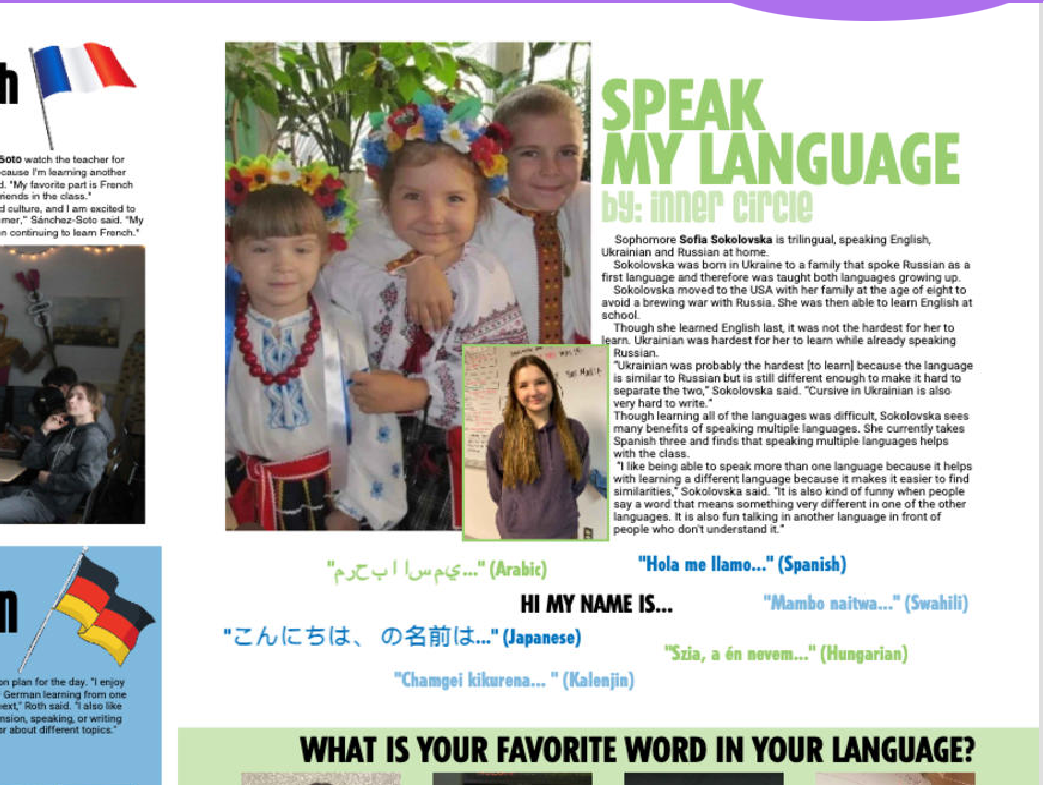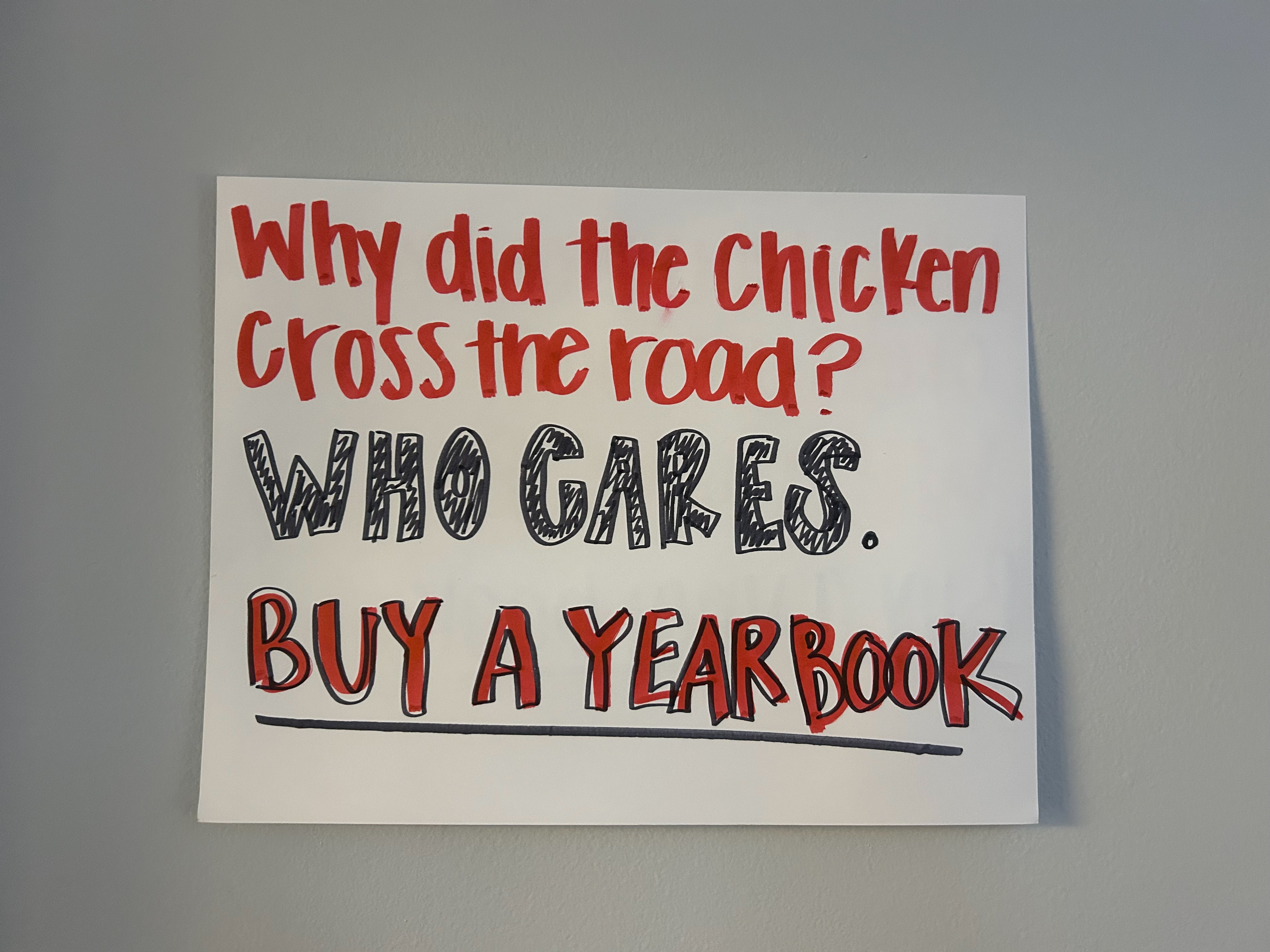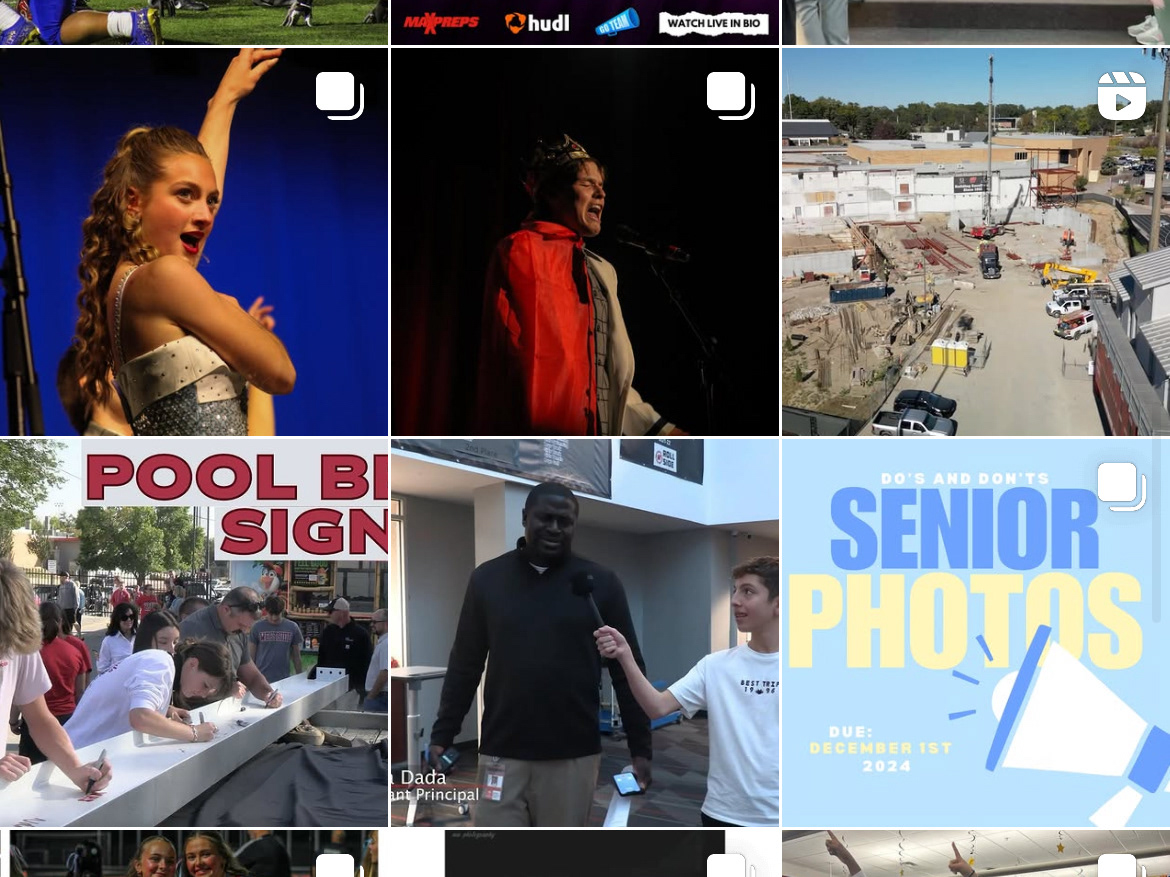When we feel as though something we cover could be seen as controversial, we first ask our advisor if he thinks we can cover it. If he thinks we need a second opinion, he asks our school's administration for permission. When obtaining information for reports like this, we always strive to learn all perspectives and do extensive research about the topic. An example of this extensive process is the 2024 Presidential Election Spread I created. I began by sending out a Google Form to all Westside students, asking a variety of questions related to the election. Topics included voting status and eligibility, methods of voting, important issues on the ballot, and how students obtain their political news. I used the responses to create graphics for the page and added notes explaining my data collection process, including the number of students who participated.
Since all Google Forms sent to the student body require approval from the Superintendent, I submitted my form for review. I originally included an open-ended question allowing students to share their opinions on the election, but I was asked to remove it. Because I was unable to gather responses from the entire school, I sought out students who were willing to share why they voted—or would vote—for each presidential candidate. Ideally, I would have liked to ask all students, but I knew that speaking to individuals in person was just as valuable. Finding students willing to share their perspectives was challenging, but I was ultimately able to collect enough responses to fairly represent different viewpoints.
Additionally, I included a sidebar covering the election at a local level. This section featured Nebraska’s Senators and Congressional candidates for the two most relevant districts, along with their party affiliation, total number of votes, and final percentage of the vote. I used NBC News to obtain this information. I also included the following note:
"These statistics were pulled from NBC News on November 17th. These are projections, and the number of votes is subject to change."
Covering controversial topics like this means understanding it will come with backlash in one way or another. No matter the level of effort I put in to making this as unbiased and one sided as possible, everyone reading has the right to feel a certain way about it. If someone wants to share their opinion on the matter, I am open to listening.









